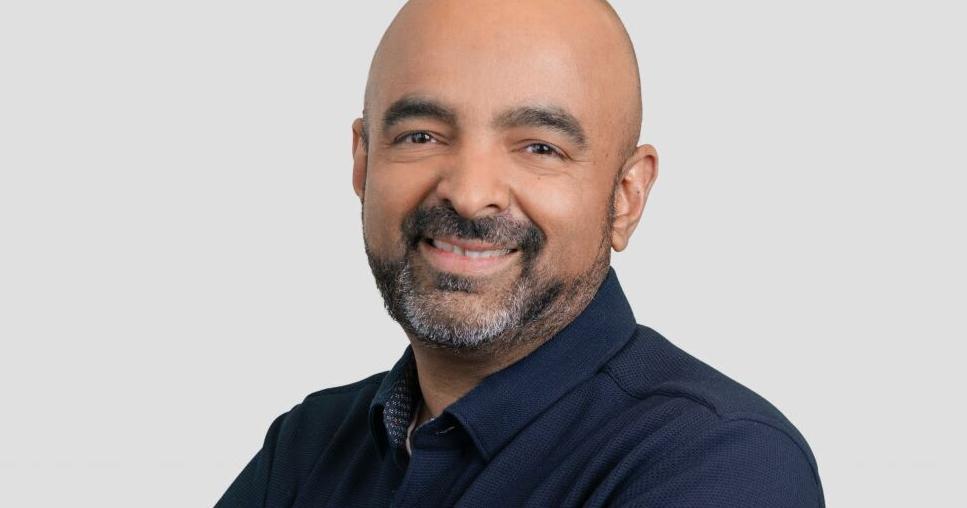Krishnan: It's about to get easier for Virginians to access health insurance – Roanoke Times

The past 22 months of the pandemic have emphasized the importance of having health insurance to make sure that everyone is prepared for health emergencies.
Many Virginians who donât have employer-sponsored health insurance recently signed up for coverage through the federal health insurance marketplace but too many remain uninsured, in part, because they find the national system intimidating and difficult to navigate.
The good news is Virginia is in the process of creating its own state marketplace platform, which is scheduled to launch in 2023.
Several states have successfully modernized their exchanges through the use of âSoftware as a Serviceâ technologies.
This technology allows state to easily keep their platforms integrated with the latest federal and state policies, offer consumers a better, simpler, shopping experience, operate with lower expenses (which often translates into lower premiums for consumers) and deliver more efficient consumer assistance.
People are also reading…
Saturday AM briefing: Sunday storm takes crunchier turn after initial snowfall
CASEY: Couple loses $55,000 after fake text, purportedly from their bank
The salaries for Virginia Tech footballâs new group of assistant coaches
Sunday late afternoon update: Sleet continues into PM after 4-7 inches snow accumulation
Final defendants plead guilty in fatal 2018 Giles County home invasion
Brief thaw Wednesday before late-week snow chances
In winter storm’s wake, stay off the roads Monday in Roanoke, New River valleys, officials urge
McFarling: Hokies’ Pry already picking up wins
Weather delays, closings and cancellations for Tuesday, Jan. 18, 2022
Long before he was governor, Northam helped Floyd family through ‘the lowest time of our life’
Montgomery County reorganizations: One sets precedent, one is prickly
Wrongful death lawsuit against the Salem VA settled for $550,000
Weather delays, closings and cancellations for Thursday, Jan. 20, 2022
Virginia Tech basketball fans unruffled by new vaccination policy
Views of conservative students chilled by policies at Virginia Tech, free-speech group says
Healthcare.gov charges a 2.75% user fee to states using its platform, which gets passed along to consumers in the form of higher healthcare premiums.
States with their own health care exchanges, such as Pennsylvania, not only determine their own rates, but reinvest the user fees they charge insurers into programs that help to lower monthly costs for consumers, to help raise enrollment awareness, or even to invest in navigator programs.
Virginia paid the federal government about $86 million in user fees in most recent years. However, health officials in Virginia say that a state exchange can be operated for about $45 million a year.
State legislators in Virginia agreed to use the money saved by its state-exchange to create a reinsurance program, which is a pool of funds that will be used to reduce premiums for people who do not qualify for premium subsidies in the marketplace.
The main purpose of the program is to increase affordability in the individual market with an overall goal of decreasing premiums by up to 20 percent.
In addition to cost savings, transitioning to a state-based marketplace will also likely result in more coverage options for Virginians. States such as Pennsylvania and New Jersey have seen more health plan participation in their states since transitioning to state-based exchanges
âA state exchange can do a better job at collecting data that Virginia doesnât have while using the federal marketplaceâ, said Holly Mortlock, senior policy adviser to the Virginia Secretary of Health and Human Resources, on the 2020 legislation that established Virginia as a state-based exchange.
This data will allow state officials to conduct more outreach to uninsured or underinsured residents who arenât covered by an employer-provided health plan. The legislation authorizing Virginiaâs transition to a state-based exchange will also include on future tax return forms a box that people will check off to indicate they are insured.
Virginia has already taken steps to break away from the federal platform. In the fall of 2020, Virginia became what is known as an SBM-FP; the state has its own state-based marketplace, but it still relies on the federal healthcare purchasing platform for eligibility determinations and other enrollment functions. When the state launches its own platform and fully transitions away from HealthCare.gov, the process of purchasing healthcare will be simpler and more affordable.
Krishnan is CEO and co-founder of Vimo/GetInsured, which brings âSoftware as a Serviceâ-based technology to public sector healthcare.
Get opinion pieces, letters and editorials sent directly to your inbox weekly!




